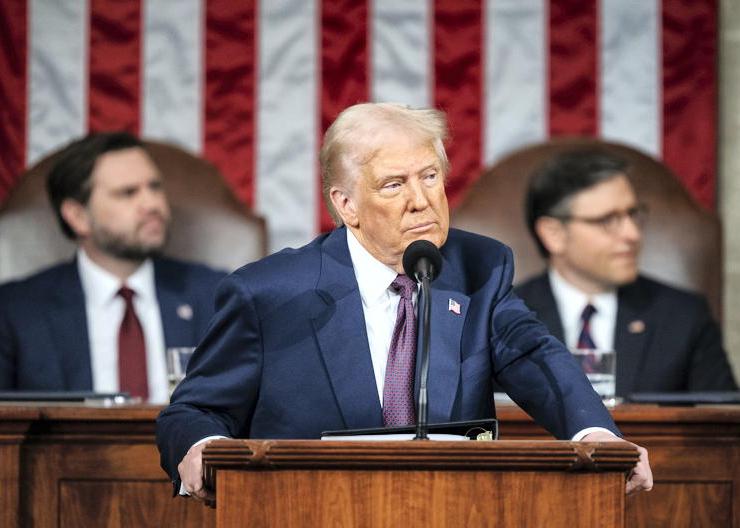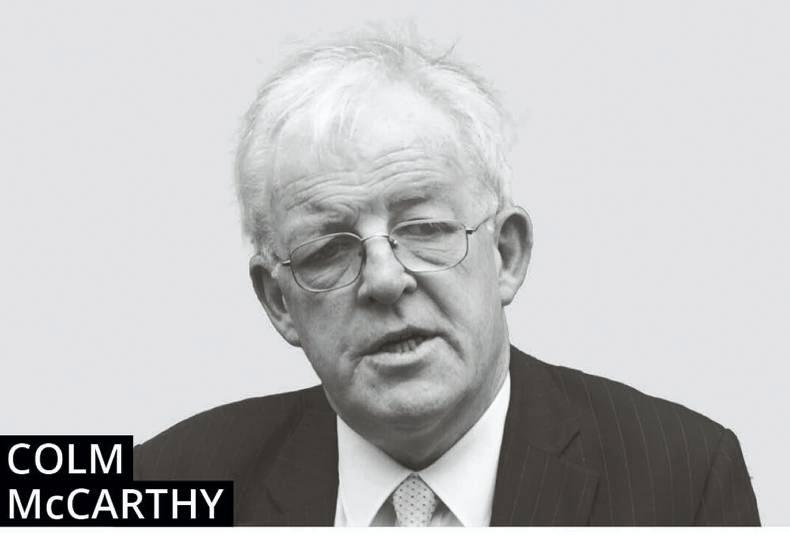The European Union has never been a single sovereign state, like the USA. But it has been committed from the beginning to ‘ever-closer union’ and that process has, indeed, been pursued with vigour.
There is now free movement of goods and services and, also, of capital and labour. The Union has expanded from the six members of 1958 to 28 today, having embraced most of the formerly communist states of central and Eastern Europe, as well as southern European countries which were ruled by military or near-fascist governments as recently as the 1970s. These are formidable achievements.
But it is now clear that the move to a common currency in 1999 was premature and that turning the eurozone into a proper monetary union is proving extraordinarily difficult. Ten of the 28 members remain outside the eurozone and several appear to have no intention of abolishing their independent currencies. The common currency almost split in 2011, when serious thought was given to the expulsion of Greece. In 2012, only extraordinary action by the ECB president Mario Draghi put a stop to a bond market collapse that could have seen Italy and Spain effectively thrown to the wolves.
Recurring crises
The reason for these recurring crises is simple: the eurozone does not possess the necessary architecture to ensure its survival as a proper monetary union. This was widely understood in 1999 but the presumption was that the necessary additional measures would secure political agreement along the way and that the countries which chose initially to stay outside would eventually opt in. History will not be kind to the architects of the accident-prone eurozone, or to the political leaders in several countries which should have should have resisted the temptation to join.
Despite the near-collapse of the system during the banking and sovereign debt crises, only a partial reconstruction of the system’s architecture has been undertaken. Another banking or sovereign debt crisis would test the new structures and they could be found wanting. Individual states are still expected to stand behind fragile banking systems and several now have levels of sovereign debt that could prove unsustainable. It is true that the worst of the crisis seems to be over: governments are able to borrow at more reasonable rates and there has not been a major banking bust for some time.
But the system fragilities remain. European banks are under-capitalised and, in many cases, too big to be credibly underwritten by over-borrowed governments. It is a tribute to the post-Draghi ECB that a semblance of stability has been restored, but this will endure only until the next big test, which could be a political collapse in a vulnerable country, a fresh banking crisis or geopolitical surprise, perhaps a serious downturn in China or a conflict with Russia over the Ukraine.
There is general agreement among economic and financial experts that unravelling the eurozone would be frighteningly complex and dangerous. The exit of Greece, which accounts for around 2% of the European economy, was felt to entail such enormous risks to the rest of the system that the notion was abandoned.
Barring accidents, the eurozone is here to stay but, unfortunately, it is still not a full monetary union, with centralised bank resolution procedures and retail deposit insurance. There could be many more crises and stop-gap solutions.
One consequence is a two-speed Europe, with the UK, in particular, disengaging and possibly headed for an in-or-out referendum after the next election.
While many people might now agree that Ireland made a mistake in joining the common currency, it does not follow that there is an easy way of reversing that decision. Had Ireland stayed out, there would probably have been a horrendous crash anyway, given the mismanagement of the banks, of bank regulation and the absence of public expenditure control.
The best interests of this country would be served if a full monetary union, with centralised bank supervision, resolution and deposit insurance, could be agreed. Unfortunately, there is such strong resistance in Germany to a full monetary union that it does not look likely in the near term.
A British withdrawal might throw up some opportunities for a revised relationship for Ireland with Europe but the debt burdens will have to be managed in any scenario.
Less cautious
Since the troika departed Ireland, there appears to be a feeling in Government that Ireland is somehow out of danger and that less cautious policies can be pursued.
Hence the happy talk about tax cuts, 95% mortgages and the like. The evidence for economic recovery is patchy and it is far too early for politicians, in government or opposition, to give in to their populist instincts.










SHARING OPTIONS